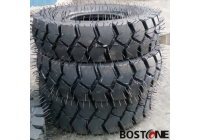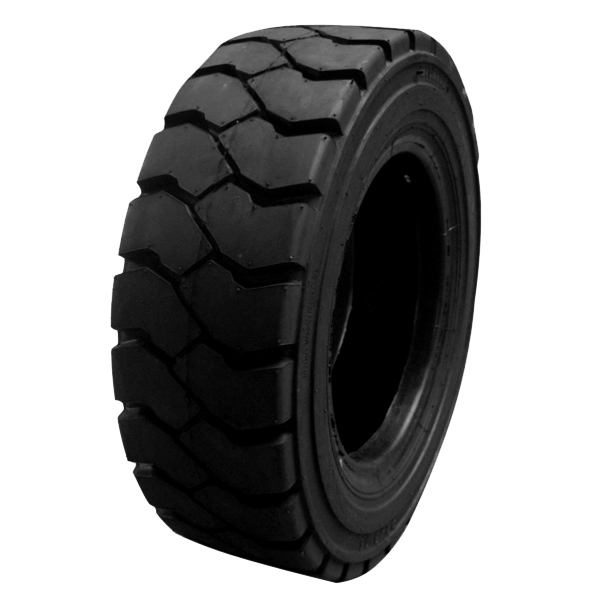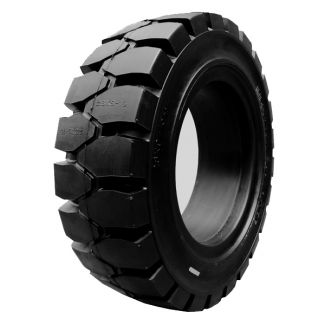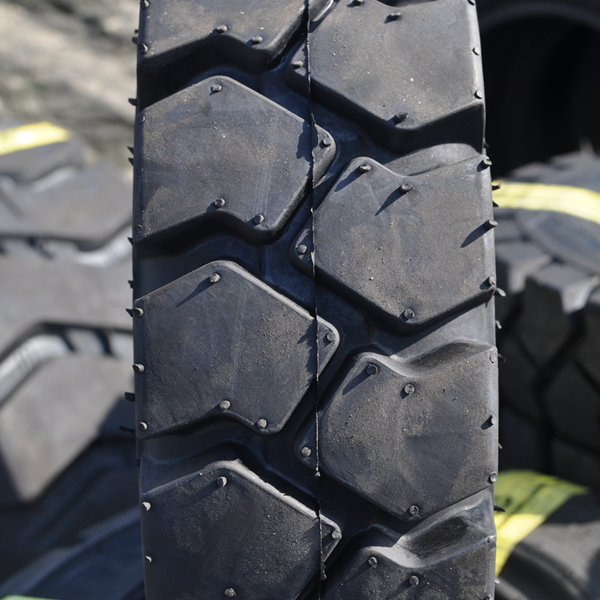Sprayer tyres, Rice transplanter tires and wheels, Agricultural tyres, tractor tires, Industrial Tyres, OTR Tires, skid tires, truck tires

Forklifts are essential for material handling in industries such as warehousing, construction, and manufacturing. However, operating forklifts safely requires more than just skilled driving; it also demands the right equipment, especially suitable tyres. The right tyre choice can drastically impact the stability, maneuverability, and safety of forklifts. Bostone, a leading tyre manufacturer and exporter from China, understands the crucial role tyres play in forklift operations. With expertise in producing high-quality industrial and forklift tyres, as well as agricultural, skid steer, and truck tyres, QINGDAO BOSTONE TYRE CO., LTD is dedicated to promoting safety and efficiency in material handling. Below, we explore key safety tips for operating forklifts and the importance of choosing the right tyres for specific applications.
The operating environment of a forklift has a significant impact on tyre selection. Different environments demand unique characteristics from forklift tyres to maximize performance and safety. For example:
Bostone offers a wide range of forklift tyres that cater to both indoor and outdoor environments, ensuring optimal traction and safety. Using the wrong type of tyre in the wrong environment can lead to poor grip, faster wear, and an increased risk of accidents.
Tyre wear is inevitable, especially in demanding forklift operations. Regularly inspecting tyres for signs of wear and tear, such as cracks, cuts, or significant tread wear, is essential to maintain a safe and stable forklift. Worn tyres can compromise forklift stability, reduce load-handling capacity, and increase the risk of tipping. Forklift operators and maintenance personnel should be trained to recognize tyre damage early and understand when replacements are necessary.
Bostone’s forklift tyres are manufactured to high durability standards, providing longer lifespans even under intense usage. However, regular inspection is key to ensuring that these tyres continue to perform optimally and prevent unexpected downtimes.

For forklifts that use pneumatic tyres, maintaining correct tyre pressure is crucial for stability and safety. Underinflated tyres reduce load capacity, cause uneven wear, and increase the risk of tyre blowouts, which can be hazardous during operation. Overinflated tyres, on the other hand, reduce the tyre’s grip and make it more susceptible to punctures.
To help operators ensure safety, Bostone provides a guide on optimal tyre inflation pressures for various models. Routine pressure checks should be a part of every forklift’s maintenance schedule, particularly for forklifts operating outdoors where tyre pressure can fluctuate more frequently.
Forklift tyres are designed to support a specific load capacity. Exceeding the recommended load capacity can lead to tyre failure and even compromise the forklift’s stability, increasing the risk of accidents. When choosing tyres, it is critical to match the tyre load capacity to the forklift’s weight and load requirements.
Bostone’s forklift tyres are engineered with various load capacities to support a wide range of forklift models and applications. By selecting the correct load capacity, operators ensure that their forklifts remain safe, stable, and efficient during operation. It is essential to refer to the manufacturer’s specifications to ensure proper alignment between tyre and forklift requirements.
Tyre rotation is an effective way to extend the lifespan of forklift tyres and ensure even wear, which can significantly impact the forklift’s handling and stability. Forklifts often have an uneven load distribution, causing certain tyres to wear faster than others. By rotating the tyres, operators can promote even wear and maintain better balance and control.
Bostone recommends a regular tyre rotation schedule based on the intensity of forklift usage and load handling. Tyre replacement should also follow the manufacturer’s guidelines, especially when tyres show signs of significant wear, to maintain optimal safety and performance.

Some environments pose higher risks for forklifts due to slippery or wet surfaces. In these situations, using anti-slip tyres can be crucial for ensuring traction and stability. Anti-slip tyres are designed with deeper treads and unique rubber compounds that improve grip, reducing the likelihood of skidding and enhancing control in challenging environments.
For clients operating forklifts in high-risk or variable conditions, Bostone offers anti-slip tyres that prioritize safety and handling. Choosing tyres designed for specific applications can help prevent accidents and ensure that operators maintain full control over their forklifts.
Understanding the differences between solid and pneumatic tyres is essential for selecting the best option for each forklift’s application:
Bostone’s range includes both solid and pneumatic forklift tyres, each engineered for specific performance characteristics. Choosing the correct type can improve the forklift’s handling, operator comfort, and safety, especially when operating in challenging conditions.
Operator training is essential for promoting safe forklift operations, particularly when it comes to understanding tyre safety. Operators should be knowledgeable about the types of tyres on their forklifts, as well as proper maintenance practices. Training should cover tyre inspection, load capacity limits, and the importance of tyre rotation and inflation.
Bostone collaborates with companies to provide insights and guidance on tyre safety practices, emphasizing the importance of tyre maintenance and replacement schedules. Educated operators can help detect potential tyre issues early, reducing the risk of accidents and extending tyre life.

Investing in high-quality tyres may seem like a premium cost, but it often results in long-term savings and improved safety. High-quality tyres offer better performance, durability, and reliability, reducing the need for frequent replacements and minimizing maintenance expenses.
Bostone’s reputation as a leading tyre manufacturer and exporter in China stems from its commitment to producing high-quality forklift and industrial tyres. Their products are built to withstand the demands of various applications, ensuring that forklifts operate safely and efficiently. By selecting tyres from a reputable manufacturer like Bostone, companies can trust that they are investing in quality, safety, and longevity.
The safety of forklift operations depends heavily on selecting the right tyres and following proper maintenance practices. Choosing tyres that match the operating environment, load capacity, and required traction is essential to prevent accidents, extend tyre life, and optimize forklift performance. Bostone, as one of China’s top tyre manufacturers and exporters, provides a diverse selection of high-quality forklift and industrial tyres that support these safety goals.
By understanding the specific needs of each application and providing durable, high-performance tyres, Bostone empowers companies to operate their forklifts safely and efficiently. For industries reliant on material handling equipment, partnering with Bostone for reliable tyres means a commitment to both safety and productivity, essential components for success in any competitive market.